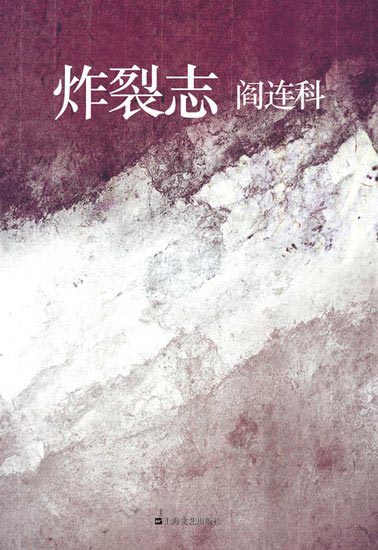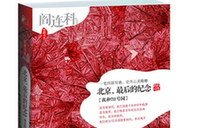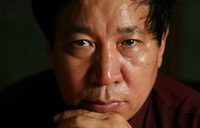Path of his own pen
By Mei Jia ( China Daily ) Updated: 2014-03-11 10:09:23
 |
|
Yan Lianke's latest novel. |
"It's an astonishing novel with continual tides of astonishing climaxes," says veteran literary critic Chen Xiaoming with Peking University.
"It's true about part of the Chinese social reality in the past 30 years, but Yan depicts the truth to an extreme extent that turns out to be absurdly true and powerful," Chen adds.
One of the "juicy" urban legends that circulated in the 1980s and 1990s, Yan recalls, was about the origin of overnight wealth gained in the southern cities when China just spread its wings for the reform and development.
"People went to the south and returned home rich. Rumors flew in the home villages, saying they traded morality for money," Yan says.
He intended to write about his pessimism over the loss of moral order and beautiful ideals some 15 years ago. But it wasn't until 2012 that he found his way to tell the story when he was visiting Shenzhen, a city at the forefront of the country's economic transformation in Guangdong province.
"Chinese society and its changes offer an incessant source for the writers. Instead of locating stories, I'm searching for the right way to tell the stories," he says.
He got the name of the growing town Zhalie from a classroom poster he saw in a Korean school. He was inspired to write a chronicle after reading similar books in Hong Kong.
"I researched how a nonfictional chronicle covers all aspects - history, geography, famous people, plants and animals - about a single town or city, and then the work is more like assembling small parts to form a giant roaring machine," he says.
The result is a vivid story told in a strictly nonfictional shell.
One night all the villagers have the same dream. In that dream, the first thing one comes across will define that person's whole life.
|
|
|
|
|
|
|
|























 Raymond Zhou:
Raymond Zhou: Pauline D Loh:
Pauline D Loh: Hot Pot
Hot Pot Eco China
Eco China China Dream
China Dream China Face
China Face





